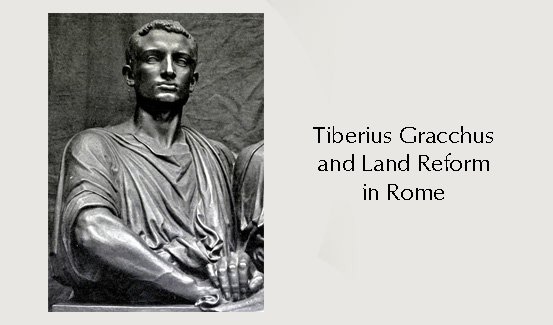Tiberius Gracchus and his Reforms Tiberius Gracchus was a Roman politician who lived in the 2nd century BCE. He was born into a prominent and wealthy family, and he served as a military tribune in Spain before entering politics. Tiberius was elected to the office of tribune of the plebs in 133 BCE, and it …
More-
Tiberius Gracchus and Land Reform in Rome
-
Frieze Gallery of the Trajanic Trophy
Welcome to our frieze gallery of the Trajanic Trophy. The Trajanic Trophy was originally erected in 109 AD following the Roman victory over the Dacians at the Battle of Adamclisi. The monument was surrounded by 54 frieze panels or ‘metopes’. These sculpted depictions show various images relating to the conquest including legionaries at war and …
More -
Trophies in Classical Greece and Rome
Trophies in Classical Greece and Rome Greek ‘tropaia’ / Latin ‘trophaea’ – from the Greek ‘trope’ meaning a turning point i.e. the rout of an enemy. Originally a Greek practice of marking the point on a battlefield where the defeat of an enemy took place. The Greek tradition of erecting an enemy suit of armour …
More -
What does Memento Mori mean?
What does Memento Mori mean? What does ‘Memento Mori’ mean? This is Latin phrase which translates as ‘remember that you (have to) die’ or sometimes just ‘remember death’. Memento Mori an important concept in Stoic Philosophy, a school of thought founded by Zeno of Citium in Athens in 301 BC and of prominence in the …
More -
Emperor Julian’s campaign against Persia
Emperor Julian’s campaign against Persia in 363 AD Julian achieved the rank of Augustus on the death, aged only 44 years old, of Constantius on 3rd November 361. He had been acclaimed by the soldiers as Emperor in Lutetia (Paris) in 360, an event which was leading to civil war with Constantius but was …
More -
The Rise to Power of Constantine the Great
The rise to power of Constantine the Great Constantine the Great is best remembered as the Emperor who did the most to turn the Romans into a Christian people and his reshaping of the Roman Empire through his sponsorship of the ‘Nova Roma’ in the east, Constantinople. Constantine was also a fighting leader who lead …
More -
Who said Carthago delenda est?
Who said Carthago delenda est? Marcus Porcius Cato (born 234 BC, Tusculum, Latium – died 149 BC) was a Roman statesman, widely remembered now for his use of the phrase “Carthago delenda est”. Cato was elected Quaestor (205), Aedile (199), Praetor (198) and Consul (195). Cato was also a military success and supressed a revolt …
More -
Who is Epictetus?
Who is Epictetus? Unlike other more famous Stoic philosophers such as Marcus Aurelius or Seneca, Epictetus was born a slave. His place of birth was Hierapolis in Anatolia in around 50 AD. Whether Epictetus had other names is not know – his name in Greek means ‘gained’ or ‘acquired’. It seems likely that this was …
More -
How did Pompey get the name Adulescentulus Carnifex?
How did Pompey get the name Adulescentulus Carnifex? How did Pompey get the name ‘Adulescentulus Carnifex’ or ‘teenage butcher’? One thing is for certain, it wasn’t from his friends and supporters. Pompey acquired the name as a result of his campaigns in Sicily, where he had been sent by Sulla. The target of Pompey’s forces …
More








